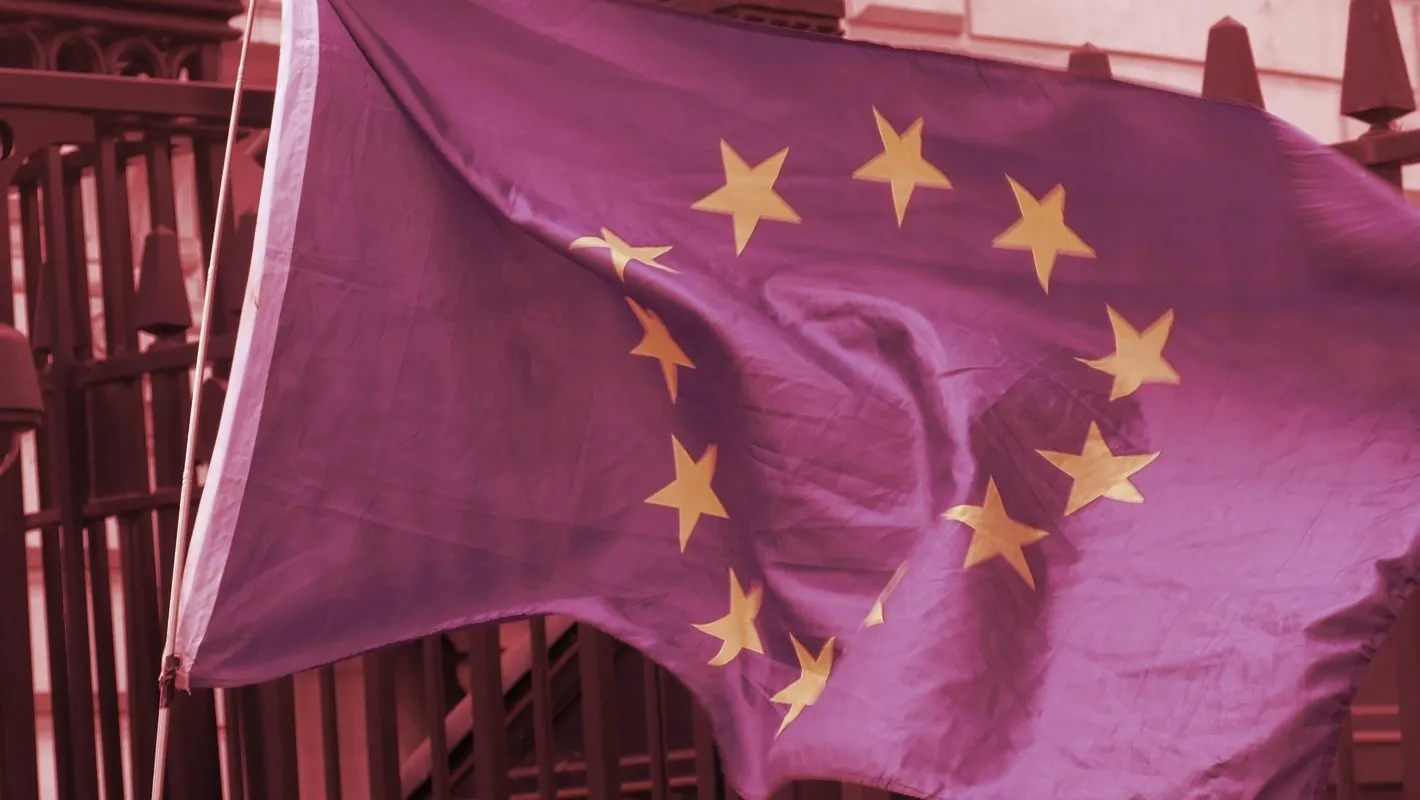The European Union has placed a blanket ban on all crypto services to Russian entities as part of its eighth round of sanctions against the country.
“The existing prohibitions on crypto assets have been tightened by banning all crypto-asset wallets, accounts, or custody services, irrespective of the amount of the wallet,” read the European Commission’s press release on Thursday.
The original limit, established in April, allowed such services to continue servicing Russian wallets holding €10,000 or less.
The increased measures are intended as punishment for “Russia’s continued escalation and illegal war against Ukraine,” including its mobilization of additional troops and open issuance of nuclear threats.
The package will also widen the number of services that can no longer be provided to Russians or the Russian government, including IT consultancy, legal advisory, architecture, and engineering services. The commission said Russia is “highly dependent on importing these services.”
The added restriction comes a day after the EU finalized some of its key rules on crypto regulation. One of the laws passed included a requirement that wallet providers verify the identities of those using their services.
Crypto, sanctions and Russia
Upon implementing sanctions in February, American and European leaders alike immediately turned their attention to crypto, for fear the growing industry could help Russia bypass their trade restrictions.
Cryptocurrencies like Bitcoin are peer-to-peer and permissionless, making it significantly more difficult for Western authorities to choke off trade facilitated through the network.
This has allowed foreign criminal organizations to leverage the technology in both ransomware schemes and even nuclear weapons financing.
However, there are some limitations: most cryptocurrencies use highly transparent public ledgers, affording their user's little transaction privacy.
As such, it's difficult to move significant funds across the network without experts being able to track down and identify the culprit.
Nevertheless, such assurances haven’t stopped Senator Elizabeth Warren from proposing a bill targeting node validators and software developers that helped facilitate transactions for sanctioned Russian entities in March.
At the time, the crypto think tank Coin Center called the measure “unnecessary” and “unconstitutional.”

